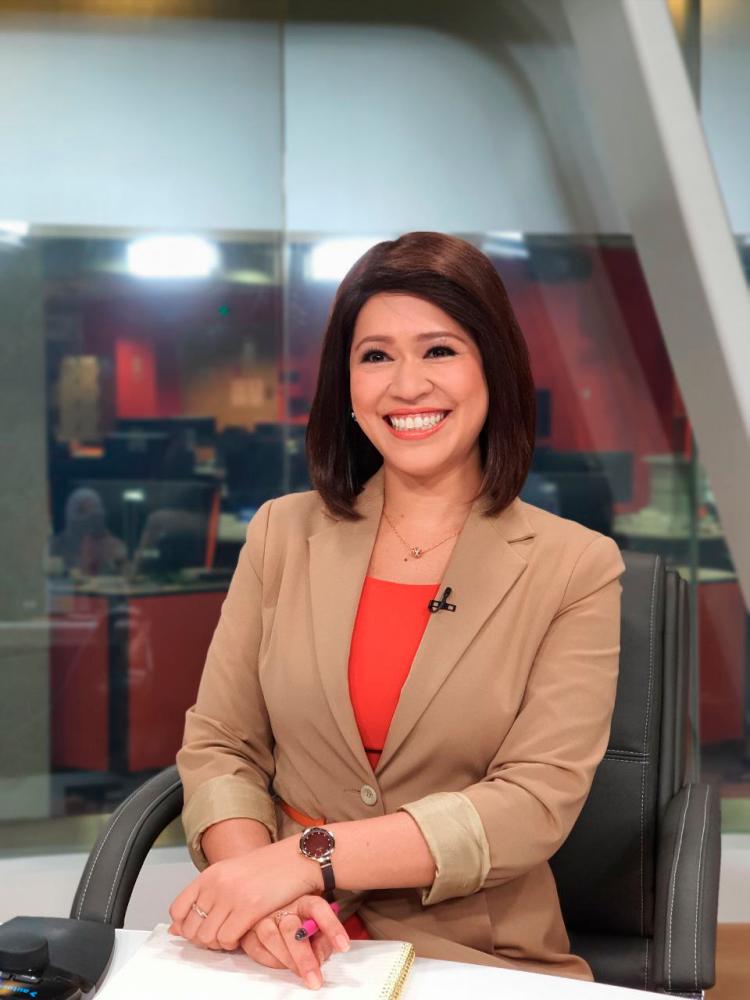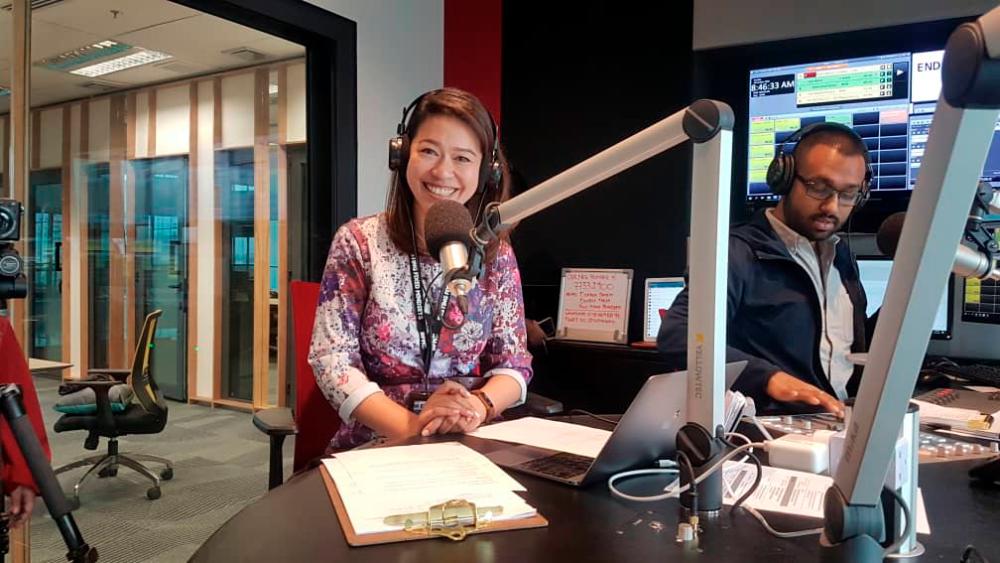WANTING to feature ambitious women who were working to make a difference in their chosen fields and industries, Astro AWANI senior editor Melisa Melina Idris conceptualised the network’s The Future is Female in 2019, that has now returned after a brief hiatus.
Melisa said she has noticed that despite how well women advocate issues and raise other women, they are oddly uncomfortable with doing the same when it comes to their own accomplishments.
“I think gender roles play a part in the lack of self-advocacy in women compared to men. We worry about being judged as ‘arrogant’ or ‘bragging’, so many of us rely on letting the work speak for itself. But when we women don’t actively advocate to make our work more visible, our voices are lost,” she added.
This is something she seeks to address through The Future is Female, which turns two next month.
The show receives a lot of guest nominations, but Melisa pointed out that almost all the guests who have been on the show were recommended and introduced to her by other women.
“I love that this show is built on women lifting other women”.
A step in a different direction
Despite her long tenure in journalism, it was not something Melisa initially pursued.
“I was very single-minded about studying economics at university, it was the only course I applied for. I’d fallen in love with the subject, from the very first lesson I had in Form 4. I found it fascinating. It’s a discipline that combines behavioural psychology, politics, history and math, with a real-world application,” she explained.
Further along her studies, Melisa said with better understanding of markets and economies, came a sense of growing frustration towards economic inequality and social injustice that stemmed from what she read.
“That, quite naturally I think, led me to the doorstep of journalism”.

Perpetual battle
Rooted in female empowerment, The Future is Female is expected to accelerate the process towards gender equality.
“One of the ways (the show) hopes to contribute to achieving true gender equality is in increasing the frequency in which we see a woman on our TV screens being asked about herself, her accomplishments, struggles and opinions,” Melisa said, adding that research done in 2015 showed that just 24% of news sources (people seen, heard or read about in the news media) were women.
“A show like The Future is Female, which almost entirely features women, helps to amplify women’s voices and gender representation, and I truly believe small wins like that can make a big impact on gender equality”.
Looking at the diverse series of women who have been on the show, there is truth in what Melisa said, as The Future is Female has seen topics and guests ranging from women in cancer research to women in bartending.
“I believe every woman has an extraordinary story to tell, even in the most seemingly ‘ordinary’ acts. I would say my only criteria for the show is that my guest is passionate about making a positive social impact. I’m hoping the show can eventually feature every woman and help make her story more visible”.









